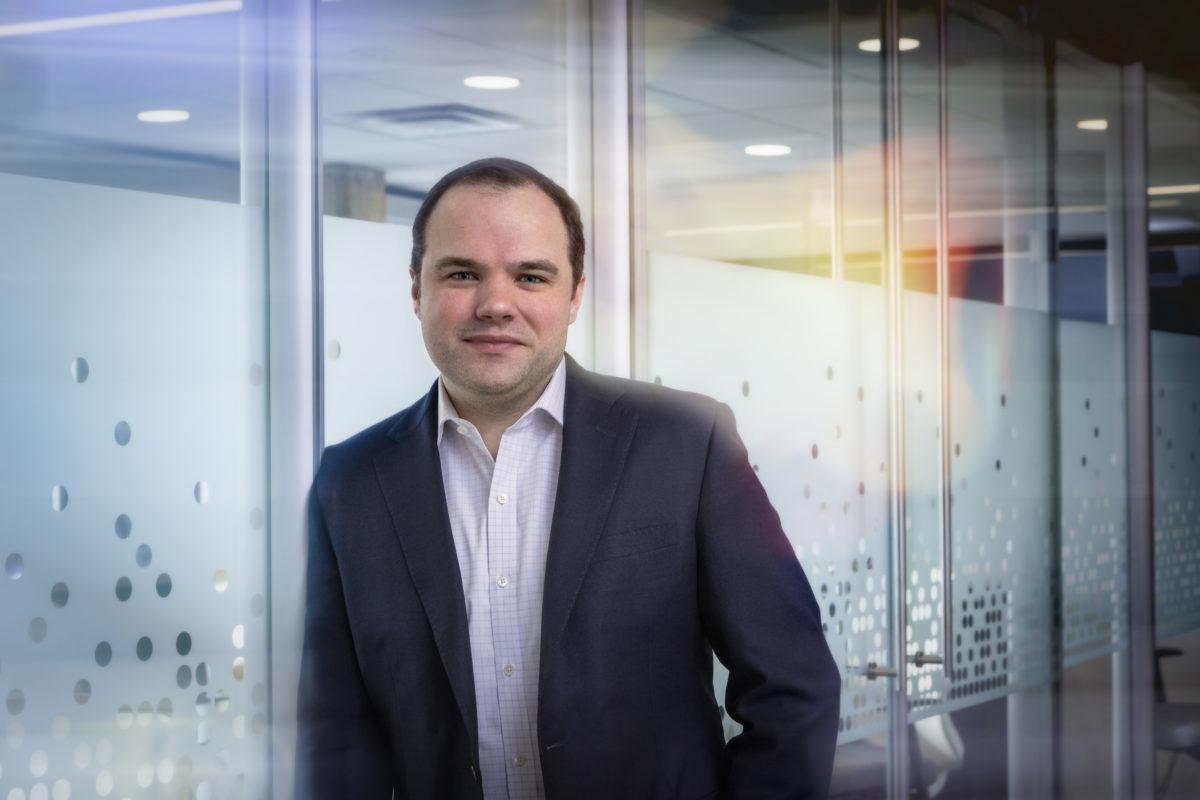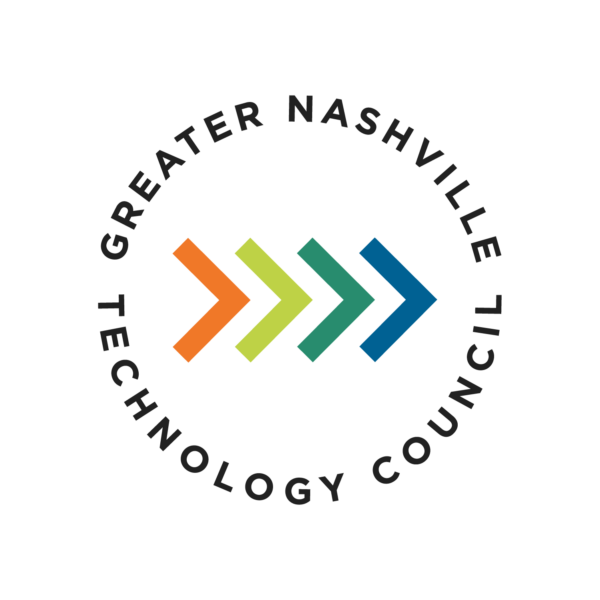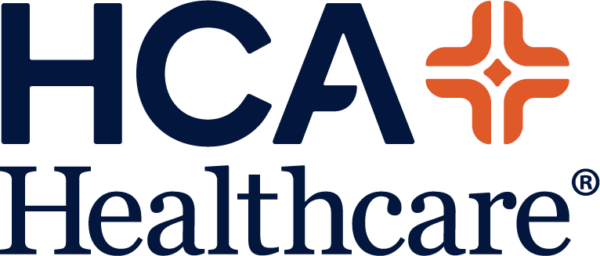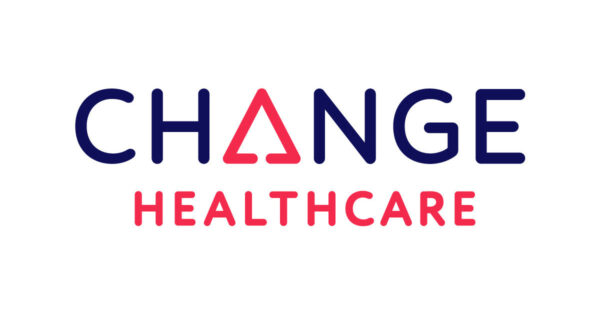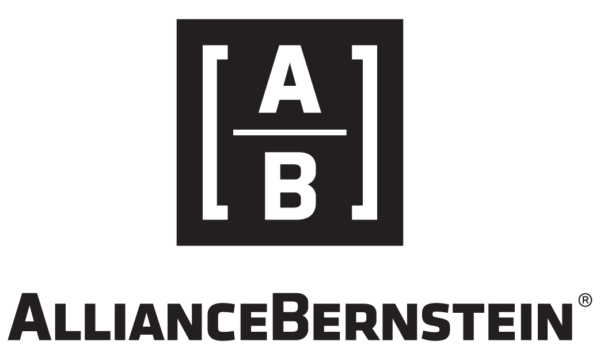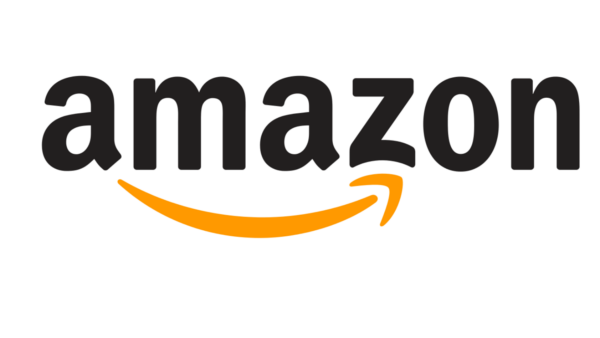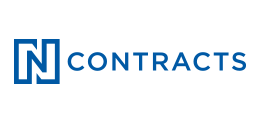Data science techniques applied in healthcare can zoom in and help medical experts predict individual patient journeys or zoom out to illuminate health risk across large populations.
Firing on all cylinders, Nashville’s Decode Health (Decode) is a data analytics company that sells access to custom-built AI and predictive intelligence. Decode uses these tools to capture health trends as new data emerges across geographical areas, populations, and unique patient groups.
Decode’s constantly evolving platform is the product of a decade’s worth of machine learning research that empowers its users to predict and monitor disease. Predicting risks makes it possible to improve the standard of patient outcomes while at the same time lowering the cost of care.
Taking Tech from Ivory Towers to the Market
Chase Spurlock is the co-founder and CEO of Decode. A native of the Nashville area, Chase jokes that all of his education “was done along I-24.”
Chase studied at Vanderbilt University, where he received his PhD in microbiology and immunology. Now, years later, he’s still involved with Vanderbilt University as an adjunct professor of medicine. In addition, Chase serves as a faculty member at New York University’s Wagner Graduate School of Public Service, where he teaches a course on advanced data analysis.
Early on in his journey as an entrepreneur, Chase became frustrated with the “tech transfer process” in academia. This process is defined by MIT as “the movement of knowledge and discoveries to the general public.”
The difficulty in this movement of knowledge is that when faculty members create something at the university, their invention becomes property of the institution. Moving these cutting-edge ideas into the commercial world requires obtaining a license to that property. Chase explains that this process is often very slow. Universities produce virtual mountains of research, and hidden within those findings are technologies and concepts that risk withering on the vine.
Chase elaborates, “There are so many innovations that are inside the walls of these great institutions that will never see the light of day—unless someone becomes their champion.”
Chase realized that no one else was going to advocate for the kind of healthtech he wanted to see. So, he became his own champion, which is startlingly rare for an academic.
Hitting the fundraising arena in 2015, Chase launched his first startup joined by his co-founder, Julia Polk. This was IQuity Labs (IQuity), an RNA diagnostic technology company. Chase formed this company to produce innovations in autoimmune disease research.
Chase recalls, “IQuity was our first foray into data science and advanced analytics. We needed to use these technologies to analyze very large datasets. Our goal was to find patterns in blood that could identify disease faster. Early diagnosis and treatment in autoimmune disease leads to the best long term outcomes.”
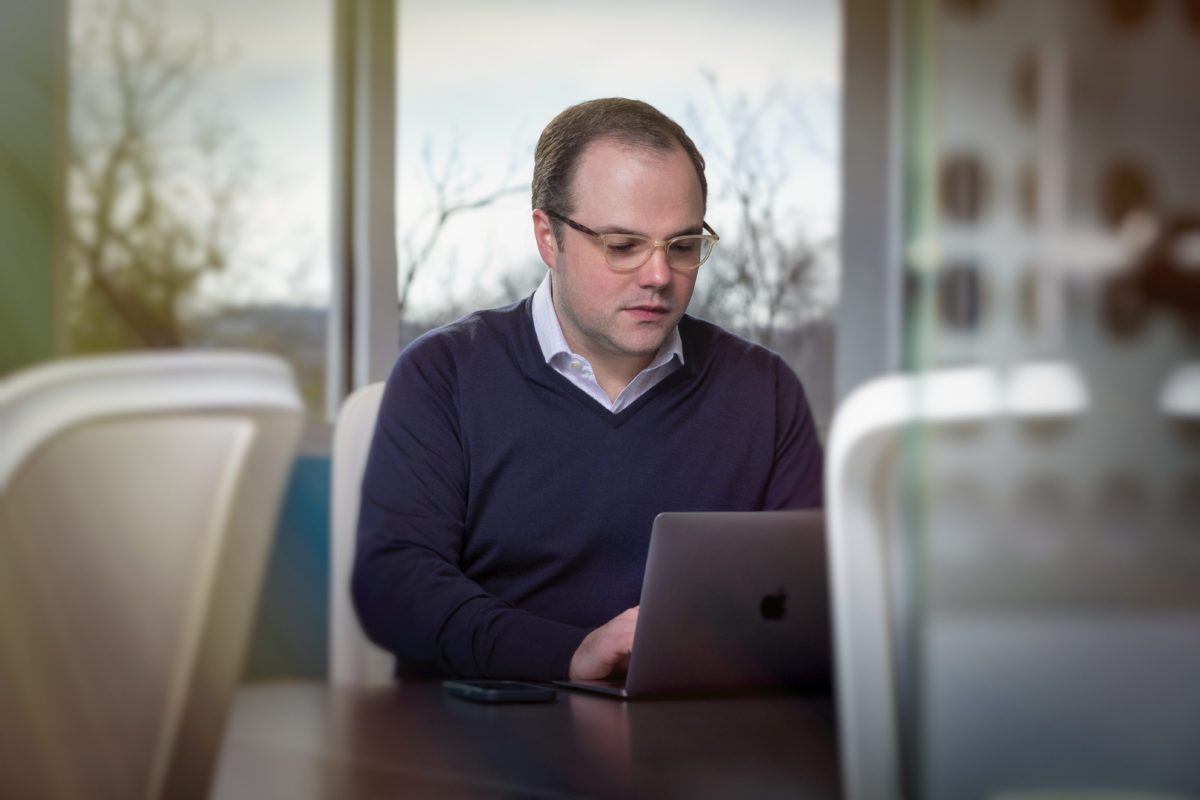
A Closer Look Under the Microscope
IQuity used machine learning to analyze RNA patterns in blood samples from hundreds of patients who struggled with conditions like multiple sclerosis and inflammatory bowel disease. After years of research, IQuity discovered molecular patterns that are unique to these diseases. Care teams used these approaches to aid in their diagnostic evaluation of patients.
The unfortunate reality is that autoimmune patients often wait years for a diagnosis and misdiagnosis is not uncommon. Fortunately, IQuity came to the market with a novel approach that clinicians could use to accelerate a patient’s path to diagnosis and correct cases of misdiagnosis.
Honing the clinical and data science skills, IQuity was able to grow. The company began exploring a broader approach to healthcare analytics, as Chase and his team wanted to predict a variety of disease outcomes across entire patient populations. In addition, they wanted to test the theory that other patient data sources could be used to predict and track disease outcomes that do not require obtaining blood samples.
“Beyond genomic data, we began looking at other common types of healthcare data. Claims data, [electronic health records] data, patient surveys,” Chase says.
First, the team accumulated this data. Next, they applied their data science expertise and the knowledge gained working with clinicians to prove that their framework could predict a variety of disease outcomes with information sources beyond genomics.
These predicted outcomes included patients who were heading towards a disease diagnosis, patients who were misdiagnosed, and patients who would experience high cost adverse events. Today, the team also tracks the social determinants of health (SDOH) in communities across the U.S. These physical, social, and environmental factors greatly influence healthcare outcomes. Including SDOH data in predictive models not only improves performance, but it also helps build a context for why certain disease outcomes occur.
IQuity and the Launch of Decode Health
Currently, IQuity works as an innovation team alongside a large national lab. IQuity continues to research and build out the next generation of advanced RNA diagnostics.
Given IQuity’s focus in RNA analytics and genomics, Chase and his team moved to launch a separate entity to deliver a broader, population-level artificial intelligence framework they created.
In 2019, Decode Health was spun out of IQuity with the goal of delivering accurate, predictive insights that fuel proactive management of disease risk and health outcomes. These insights are custom-built for each of the populations Decode serves. Decode regularly engages 19 people, which Chase says is a relatively small staff for a data company. However, over the years, Decode has invested heavily in its tech platform. Built out as a scalable, repeatable, and automated platform, Decode requires fewer people because of the sophisticated data process they have created.
“From a machine learning and data operations maturity standpoint, we’re fairly advanced. Our investments to mature our framework over time allow us to deliver on our core competencies at a speed and scale that other groups would require three to four times the number of people to accomplish,” Chase explains.
So what does this mean for incoming tech talent? Chase says that someone starting at Decode tomorrow “would have access to one of the most advanced predictive health care frameworks in Nashville, which many people regard as the Silicon Valley for Healthcare. They will also join a core team and culture where innovation and a ‘never give up’ mindset have produced a new gold standard for healthcare analytics.” Those new employees—people with skills in DevOps, data visualization, Kubernetes, open source programming (Python) and automation (Terraform, Ansible)—could also expect to do something mission-driven with their work.
Chase says, “One of our priorities is the use of our platform to predict and understand healthcare risk in vulnerable populations. We want to increase health equity alongside our collaborators—these organizations range from care management providers to large national laboratories, and pharmaceutical companies. All have major initiatives to improve health equity given the lessons we have learned during the COVID-19 pandemic.”
For further information about Decode Health, be sure to visit its website and social media.
